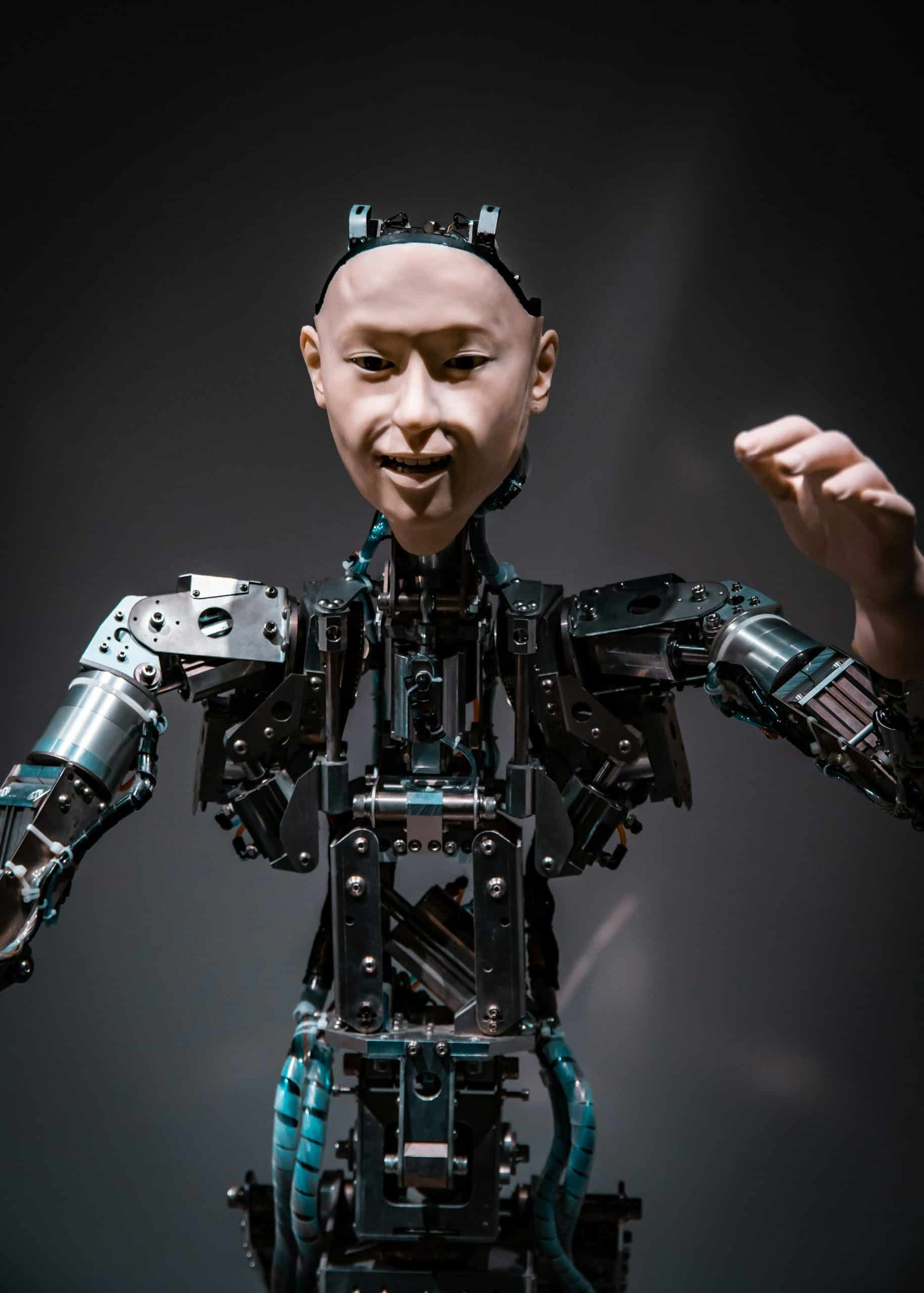What Role Does AI Play in Personalizing Online Education for Children with Autism?

In the panorama of educational advancements, the role of artificial intelligence (AI) has emerged as a significant aspect. AI, being a symbol of human intelligence simulated by machines, is revolutionizing various sectors, including education. Especially, AI’s application is pivotal in personalizing online education for children with autism. This is owing to the unique learning capabilities and styles of children with autism. In this article, we will discuss various aspects of how AI is shaping online education for children with autism.
Elevating Education with Technology: AI and Autism
Technological advancements have eased the way we educate our children. In particular, these advancements have been a boon for children with special needs, such as autism. Autism is a neurodevelopmental disorder that impedes social interaction, communication, and cognitive functionality. This makes conventional education methods ineffective for autistic children.
Also to discover : Can Nanotech-Enabled Fabrics Provide Adaptive Climate Control in Clothing?
Enter artificial intelligence. AI tools are now being developed and used to customize and enhance the learning experience for students with autism. With AI, educational resources are tailored to suit each child’s individual learning style and pace, making education more accessible and effective for autistic students.
The Power of Personalized Learning for Autistic Children
Children with autism often require a tailored approach to learning. They might struggle with traditional classroom settings, getting overwhelmed by social interactions, and having difficulty focusing on a ‘one-size-fits-all’ education model.
Also read : What awaits you inside a mystery box italy?
AI steps in to solve this problem by offering personalized education. It uses data from the student’s past interactions and learning patterns to create a unique, customized learning plan. This plan is then continuously adjusted based on the student’s progress and changing needs. The result? A learning experience that’s just right for each child.
The Role of AI Tools in Enhancing Communication
Effective communication is a significant challenge for children with autism. However, AI tools can help in bridging this gap. For instance, AI-powered speech recognition software can help non-verbal autistic children communicate their thoughts and feelings.
These tools use the child’s unique communication patterns and cues to interpret their needs. AI can also help children practice social interactions in a controlled, safe environment, ultimately improving their social skills. Consequently, AI tools not only help in learning but also bring about holistic development in children with autism.
AI and Ethical Considerations in Education
While AI provides numerous benefits in personalizing online education for children with autism, it also comes with a set of ethical considerations. For instance, data privacy is a paramount concern while using AI tools. AI systems rely on extensive data to personalize the learning experience.
However, this raises questions about how this data is stored, who has access to it, and how it is used. It’s crucial to ensure that the data collected is used solely for the benefit of the child’s education and safeguarded against any potential misuse.
AI Interventions: The Future of Special Education?
With the rise in AI tools and resources, many researchers and educators believe AI interventions could be the future of special education. AI has the potential to revolutionize how we educate children with autism, making learning more accessible and tailored to their needs.
The current landscape of AI interventions in education is promising, with various resources available on platforms like PubMed and Crossref. However, the field is still relatively new, and further research and development are required to fully understand and harness the potential of AI technology in special education.
Despite the potential challenges and ethical concerns, there’s no denying that AI holds significant potential in personalizing online education for children with autism. As we continue to explore and develop this technology, it’s crucial to keep the focus on creating a learning environment that is inclusive, accessible, and beneficial for all children, particularly those with special needs.
The Promise of Machine Learning in Autism Interventions
Machine learning is a branch of artificial intelligence that involves the development of algorithms that can learn from and make predictions or decisions based on data. It plays a critical role in personalizing and optimizing online learning experiences for children with autism.
For children on the autism spectrum, machine learning can uncover patterns in their behavior or learning style that might be missed by human educators. For instance, a child might respond better to visual cues than verbal instructions. Machine learning algorithms can identify such patterns and adapt the teaching methodology accordingly.
Moreover, machine learning can help in creating interactive, immersive, and gamified learning experiences. For instance, virtual reality-based interventions powered by AI can help children practice and improve their social skills in a safe, controlled environment. This can be particularly beneficial for children with autism, who often struggle with social communication.
However, the use of machine learning requires vast amounts of data, which brings us to the issue of data privacy. Ensuring that the data collected stays confidential and is used solely for the child’s benefit is paramount. Safeguards need to be in place to protect against potential misuse. Researchers should also strive to maintain transparency about how the data is used, as outlined in various ethical considerations.
Assistive Technologies and Their Role in Personalized Learning
AI-powered assistive technologies hold the potential to revolutionize how we deliver personalized learning for children with autism. These technologies can range from speech recognition software that helps non-verbal autistic children communicate, to learning apps that provide customized, interactive lessons based on a child’s individual learning style.
For instance, AI can analyze a child’s interaction with an app and adjust the content and pace accordingly. This can make the learning experience more engaging and effective. Additionally, assistive technologies can also provide constant feedback to both the students and educators, enabling continuous learning and improvement.
Access to such technologies can significantly improve students’ educational outcomes by providing them with a learning environment tailored to their unique needs. While there is an upsurge in the number of AI-powered assistive technologies available, further research and development are necessary. Platforms like PubMed, Crossref Google, and Google Scholar offer a wealth of resources for researchers looking to delve deeper into this field.
Conclusion: AI – Shaping the Future of Special Education
In conclusion, artificial intelligence, particularly machine learning and assistive technologies, plays a pivotal role in personalizing online education for children with autism. They offer customized learning experiences, help improve social skills, and make education more accessible for children on the autism spectrum.
However, while technology opens up new possibilities, we must also consider the associated ethical considerations, such as data privacy. It’s vital to ensure that the technology serves its purpose – to aid the education and development of children with autism, without compromising their privacy or safety.
As we look forward, the future of special education seems promising with the advent of AI. As researchers, educators, and technologists, we must continue to explore, innovate, and collaborate to fully harness the potential of AI in shaping a more inclusive and personalized education for children with special needs.
